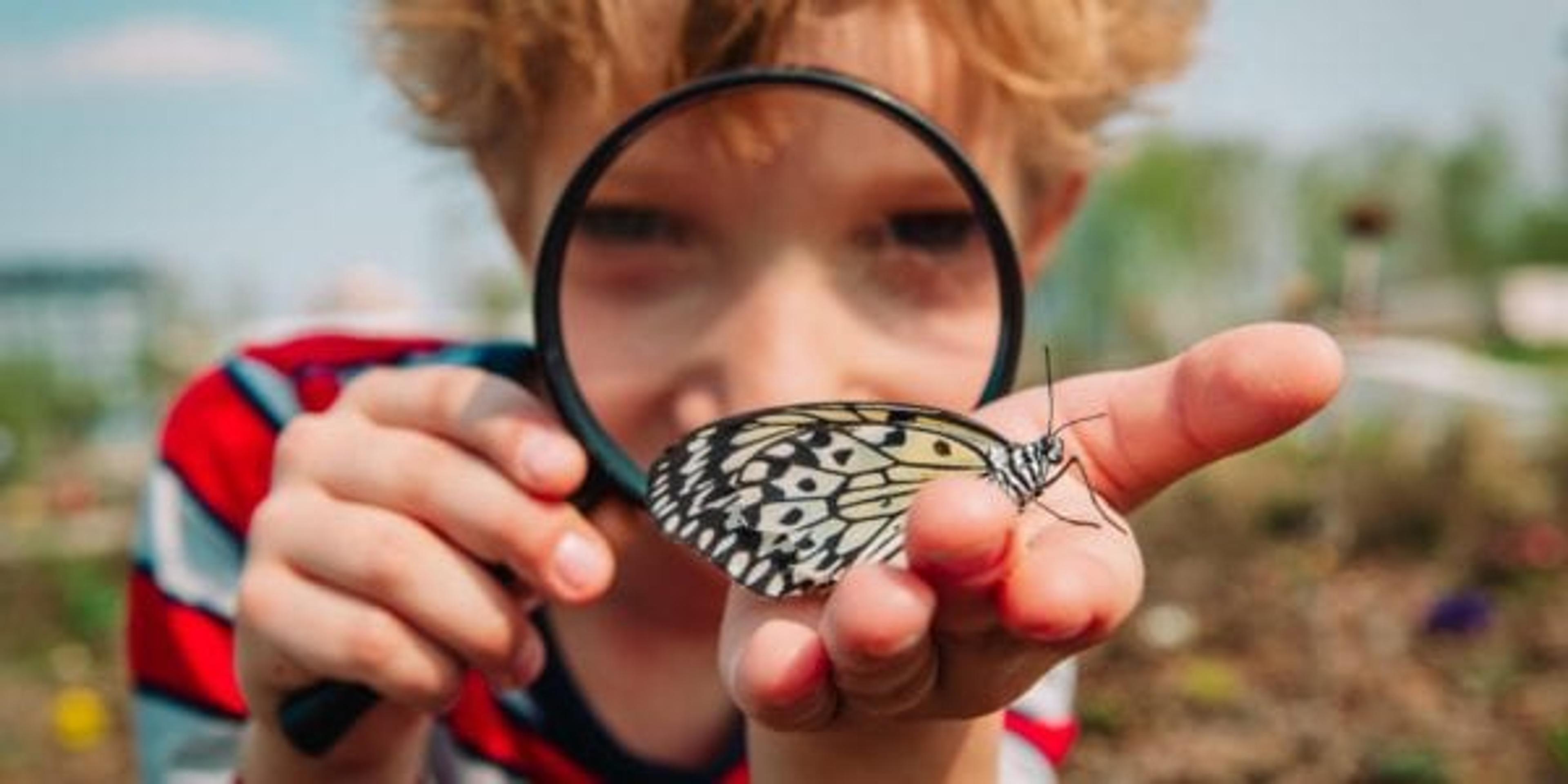Fun Ways to Boost Summer Learning
| 2 min read

Research shows that without any educational activities over the summer, most kids will lose about two months of math skills. And kids in lower-income families will also lose an average of two months of reading and language skills. Repeating those “summer slides” year after year can really add up, making it tough to keep up with classmates.
What’s a parent to do? Why not add some reading, writing and math games into your summertime mix? It will help your kids stay at the same level or even surpass where he or she was at the end of the last school year (and don’t worry—this can be fun!).
- Read together: Most kids should practice reading for at least 30 minutes a day—it’s one of the best ways to improve their language and comprehension skills. Make it a family event by having everyone read at the same time before bed or on weekend mornings. Have kids pick out their own books (this way they’ll be more excited to dive in). If you think they’re ready for a challenge, pick a book that’s slightly above their reading level and make it a goal to finish it by the end of the summer.
- Take the classroom outside: Museums, zoos and aquariums can be fun educational field trips during the summer. Read the signs explaining the exhibits and animals, and ask your kids questions to get them thinking about what they’re seeing. If you’re planning a vacation, visit some historic landmarks along the way. Remember to check your destination’s website first as some locations may have special hours, require reservations or have new requirements.
- Make it a game: Board games can be powerful learning tools that require math skills, logic and creative solutions. No kid wants to do a math worksheet in the summer, but they won’t even notice they’re practicing addition and subtraction when they have to make change in Monopoly.
- Lean into interests: Use activities your child already likes as a chance to get them thinking. Is your kid into sports? Have them pick up a book on their favorite athlete or learn about how muscles work together. Does your child love being outside? Go on a walk through the woods and write down observations about different animal habitats or watch a documentary about the ocean.
If you’re not sure what your child should focus on, try reaching out to their teacher or join a Michigan public library summer reading program.
Related:
Photo credit: Nadezhda1906





